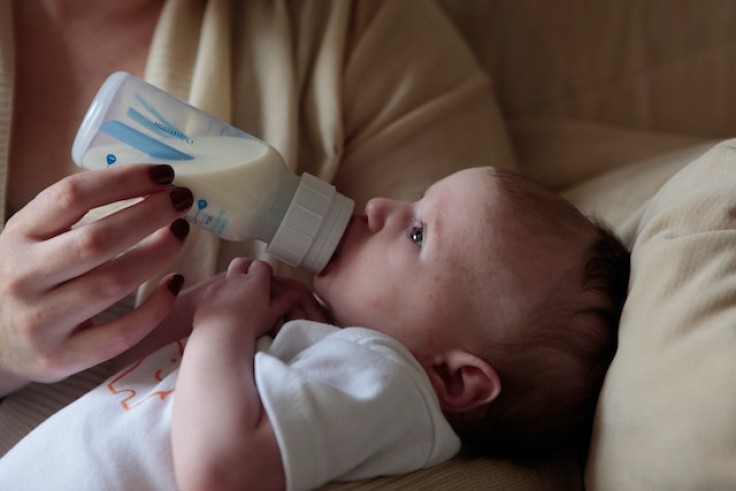
For new parents, navigating the dos and don'ts of infant feeding can be a daunting task. One common question that arises is what to do when your baby doesn't finish their bottle of formula. Is it safe to reuse it? This article aims to provide clarity and guidance on this important topic.
The primary concern with reusing an unfinished formula lies in the risk of bacterial contamination. Bacteria from your baby's mouth can transfer to the formula during feeding, creating a potential breeding ground for harmful bacteria if the formula is left out at room temperature.
Guidelines on Reusing Formulas
The American Academy of Pediatrics (AAP) and other health organizations provide clear guidelines on this matter. The consensus is that once your baby has started feeding from a bottle, any leftover formula should be discarded within one hour. The reason for this strict guideline is that after an hour at room temperature, the chances of bacterial growth increase significantly.
Proper handling and storage of formula can help minimize waste and ensure your baby's safety. If you know your baby might not finish a full bottle, consider making smaller amounts. For powdered formula, you can mix smaller portions as needed. For liquid formula, you can pour the amount you think will be used into a separate bottle, keeping the rest refrigerated.
Signs of Spoiled Formula
It's important for parents to recognize the signs of spoiled formula. These can include changes in color, consistency, and odor. If the formula appears separated, has an unusual smell, or has been left out beyond the recommended time, it should not be used.
One strategy to avoid waste is to closely monitor your baby's feeding patterns and adjust the formula volume accordingly. Babies' appetites can vary, and being attuned to their hunger cues can help in preparing the right amount of formula.
Read Also : Doctor Offers Tips For Baby Formula Shortage as Parents in the United States Go Into Panic Mode
Expert Advice
Pediatricians and child nutrition experts emphasize the importance of erring on the side of caution when it comes to infant feeding. While it might seem economical to reuse formula, the risks associated with bacterial contamination far outweigh the cost savings.
To further assist parents, addressing some common questions can be helpful:
- Can I refrigerate a half-finished bottle for later use? The recommendation is not to. Once a baby has drunk from a bottle, it's best to use it within one hour and discard any leftovers.
- Is it safe to prepare a formula in advance? You can prepare the formula in advance, but it should be stored in the refrigerator and used within 24 hours.
- What's the best way to warm up refrigerated formula? Warm the formula by placing the bottle in a container of warm water. Avoid using microwaves, as they can create hot spots.
In summary, when your baby doesn't finish their bottle of formula, the safest approach is to discard the leftovers and prepare a fresh bottle for the next feeding. While it may seem like a waste, this practice ensures the health and safety of your baby. Always follow the guidelines recommended by health professionals, and when in doubt, consult your pediatrician for advice specific to your baby's needs.
Related Article : Diluted Formula Milk Causes Electrolyte Imbalance, Fatal Seizures; Cows Milk Good Alternative for Babies at 6 Months